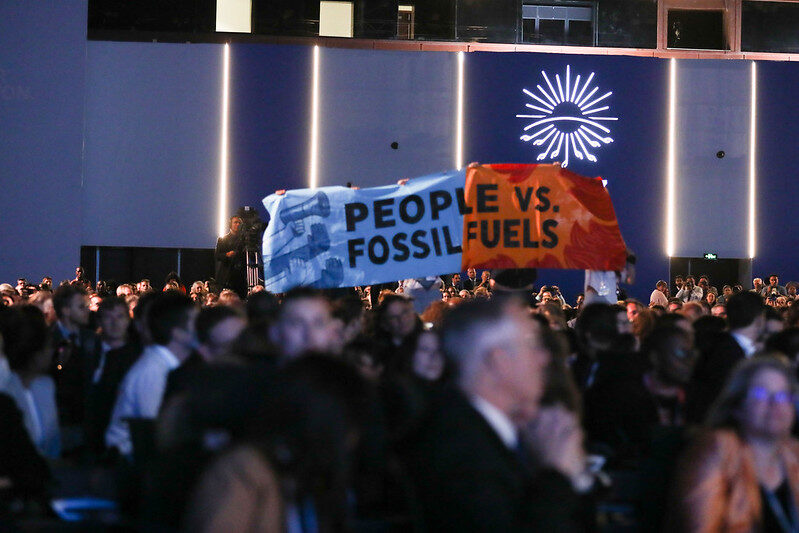A bid to get Cop27 to phase out fossil fuels ended in failure last year, after Saudi Arabia, Iran and Russia blocked it
Germany sees “a chance” that a deal to accelerate phasing out fossil fuels – similar to the one reached over the weekend by the Group of Seven rich nations – could be done at this year’s Cop28 U.N. climate summit in Dubai, a senior government official said.
In the joint statement at their meeting in Sapporo, Japan, G7 energy and climate ministers agreed “to accelerate the phase-out of unabated fossil fuels so as to achieve net zero in energy systems by 2050 at the latest”.
The German official, who spoke on condition of anonymity, said he believed there is ‘a chance’ to reach a similar deal at the U.N. climate summit, to be hosted by the United Arab Emirates, a major oil producer and a member of the Organization of the Petroleum Exporting Countries, from Nov. 30 in Dubai.
“In the Gulf region, they (UAE) are the country that is most going into the (green) transition. They are sitting on oil and gas, but they know they need to go into the future with renewables in order to still have a business case in 30 years,” the official said.
Germany was part of a coalition of nations which pushed at Cop27 last year for an agreement to phase out fossil fuels. But their proposal was blocked by Saudi Arabia, Iran and Russia. Under UN rules, any country can block an agreeement.
As host, the UAE will ultimately control what goes in to the draft texts, which all countries are then asked to sign up to. In February, the UAE’s environment minister Mariam bint Mohammed Almheiri said “we need to…phase out oil and gas in a just way”.
At the G7 meeting in Sapporo, the seven big wealthy countries agreed to speed up renewable energy development, part of a wider push to address the energy crisis provoked by Russia’s invasion of Ukraine.
Sultan Al Jaber, the UAE minister of industry and advanced technology, participated in the Sapporo summit, telling a closed session that renewable capacity needs to be tripled by 2030 and increased six-fold b
Read More

